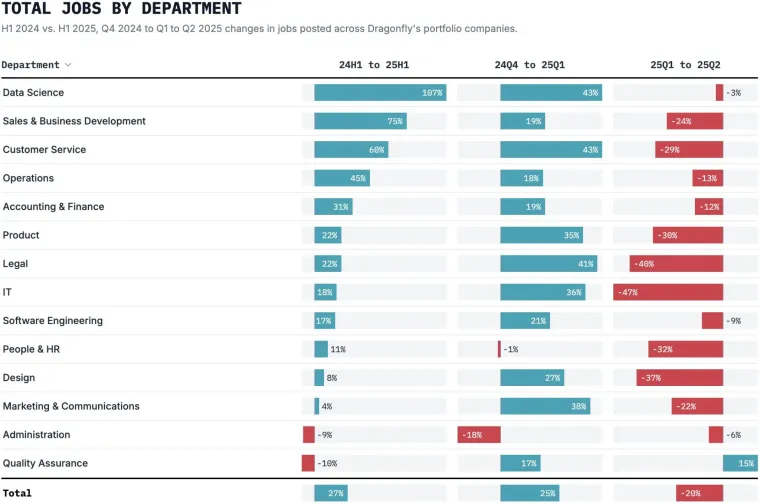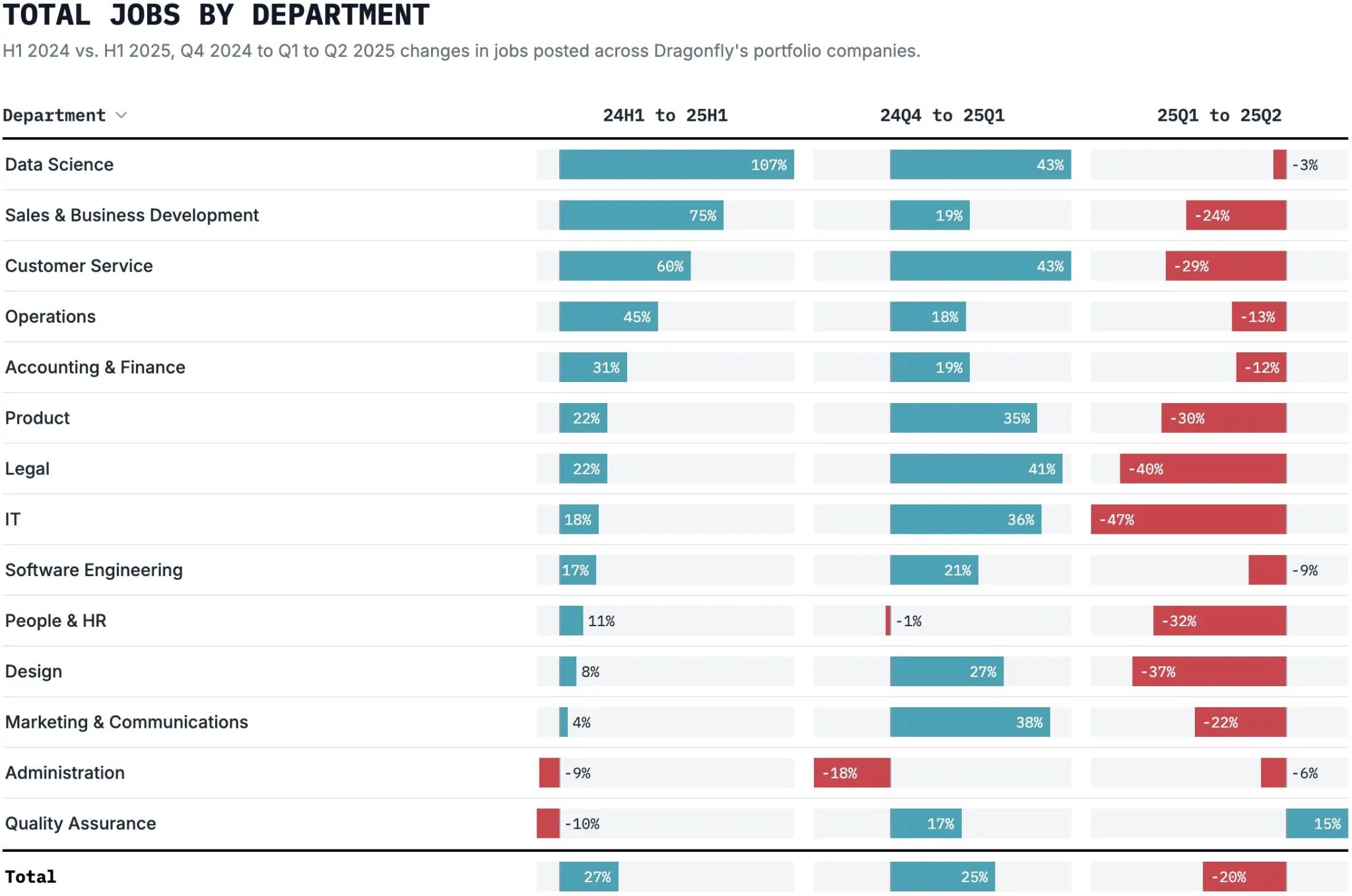How to Actually Land a Job in Crypto (When 200+ People Are Competing for the Same Role) 🚀💼
-

Crypto hiring has never been tougher. With AI sucking up capital and talent, and the industry itself maturing, companies are picky, lean, and selective. Coinbase’s summer internship program? Acceptance rate was 0.3%. That’s harder than Harvard.
So how do you stand out when hundreds of people are applying for the same position? Industry recruiters and founders shared the most common mistakes crypto job seekers make — and how to avoid them.
 Mistake 1: Just Being a “Crypto Enthusiast”
Mistake 1: Just Being a “Crypto Enthusiast”Many applicants stop at trading a few tokens, minting an NFT, or reading Twitter threads. That’s not enough.
 Fix: Build something onchain.
Fix: Build something onchain.Contribute code on GitHub.
Join a DAO.
Publish content or research.
If your résumé says “Web3” but your wallet says “0x000,” recruiters will notice.
 Mistake 2: Building, But Failing to Explain
Mistake 2: Building, But Failing to ExplainEven skilled developers often flop in interviews because they can’t explain their work in plain language.
 Fix: Practice storytelling.
Fix: Practice storytelling.Be ready to answer: “What’s the last thing you built onchain?”
Communicate how and why you built it, not just the code.
Companies want people who can ship and explain.
 Mistake 3: Using AI-Generated Resumes
Mistake 3: Using AI-Generated ResumesRecruiters can spot ChatGPT-written résumés instantly. And when they do — you’re out.
 Fix: Write your own.
Fix: Write your own.Tailor it to the company’s tech stack.
Show real interaction with the product.
Do your homework before applying.
 Mistake 4: Aiming at the Wrong Sectors
Mistake 4: Aiming at the Wrong SectorsNFT hype? Dead. Metaverse land grabs? Done. Play-to-earn? Burned out.
 Fix: Focus on sectors that are hiring right now:
Fix: Focus on sectors that are hiring right now:Stablecoins

DeFi infrastructure
 ️
️Real-world asset tokenization

ZK cryptography + Rust engineers

These areas have steady demand, unlike 2021’s hype cycles.
Macro Reality: Why It’s Tougher Now
VC funding is down: Crypto raised $29B in 2021 → now just a fraction.
AI is eating the spotlight: founders and developers chase the money.
Hiring is intentional: fewer roles, but higher quality. Gone are the “hire first, figure it out later” days of the last bull run.
But good news: jobs in crypto are now more stable. Teams are lean, budgets tight, and hiring focused on sustainability.
 Pro Tip for Job Seekers
Pro Tip for Job SeekersThe best jobs don’t always get posted. Recruiters say:
The best candidates are already building.
They get discovered — not just found in job boards.
If you want in, build in public. Publish, code, create — make it impossible for recruiters not to notice you.
The Bottom Line
Crypto jobs are harder to get than ever, but not impossible. The winners:
Builders > spectators
Storytellers > silent coders
Focused applicants > hype chasers
 What do you think — is crypto becoming the new “Wall Street,” where only the elite break in, or is there still space for scrappy newcomers who build their way in?
What do you think — is crypto becoming the new “Wall Street,” where only the elite break in, or is there still space for scrappy newcomers who build their way in? -
Honestly feels like crypto is already turning into the new Wall Street. Big funds, elite dev circles, and top-tier researchers are gatekeeping the best opportunities. If you don’t have a proven track record or insider network, you’re invisible. It’s not about job boards anymore — it’s about being at the right conferences, building the right connections, and showing receipts on-chain. The bar has definitely been raised.
-
I’d argue the opposite — crypto is still one of the rare industries where scrappy builders can break in. Unlike Wall Street, you don’t need a Goldman Sachs internship to prove yourself. Publish an open-source repo, write a killer thread, or ship a mini dApp and you’re visible globally. Recruiters notice proof of work, not just résumés. There’s still huge space for hungry newcomers who build in public.
-


















